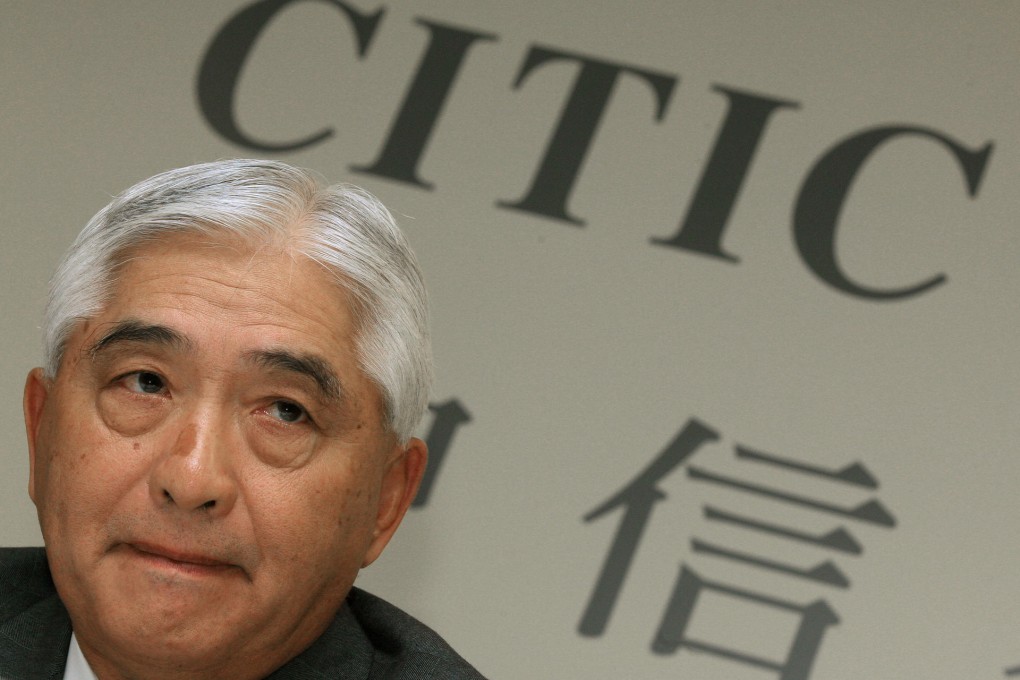Lai See | SFC's civil action against Citic is a good first step
The decision by the Securities and Futures Commission to take action against Citic comes as a welcome surprise.

The decision by the Securities and Futures Commission to take action against Citic comes as a welcome surprise. It's welcome because this case has been hanging around for way too long, and it's a surprise as Lai See always believed that this case would never see the inside of a courtroom given the political sensitivities involved.
The SFC's case alleges that Citic, or Citic Pacific as it was then called, and five directors including former chairman Larry Yung Chi-kin, engaged in market misconduct involving disclosure of false or misleading information on Citic's financial position following the whopping losses the company incurred in respect of the leveraged foreign exchange contracts it took out in 2008.
The SFC case was completed and sent to the Department of Justice in 2009, where it has sat for the past five years. This is because it has been held up by the slow pace of the criminal investigation which the police have confirmed in the past few days is still going on.
In 2010, Secretary for Financial Services Chan Ka-keung told the Legislative Council that according to the DOJ, "Since the investigation by both the SFC and the police concern the same set of facts, it is appropriate for the DOJ to finalise its advice to the SFC and the police after it has had an opportunity to consider the results of the police investigation."
Hopefully, the pursuit of this case by the SFC will put renewed pressure on the police and the DOJ to pursue the criminal case. Only this will dispel the lingering suspicion that this case is being stalled because it is politically sensitive and involves powerful people.
